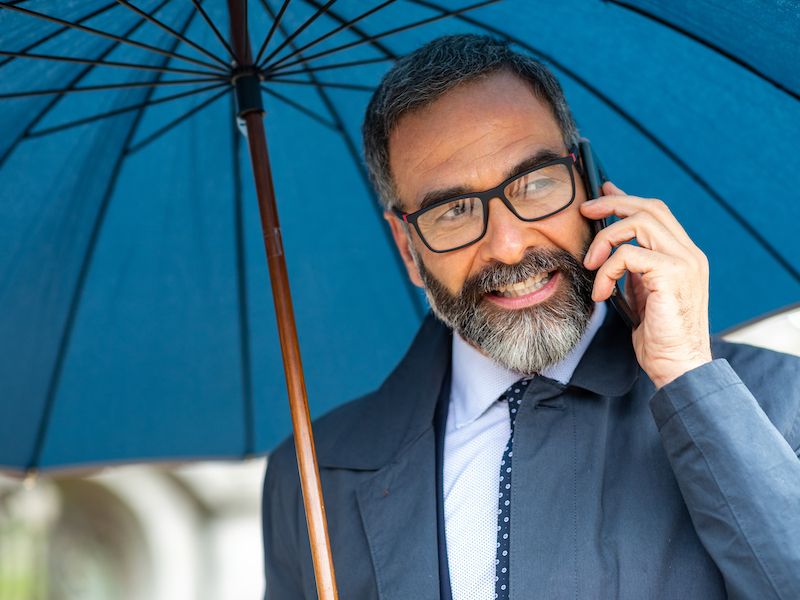
John’s been experiencing problems hearing at work. He’s in denial and continues telling himself that everyone is mumbling. What’s more, he believes he’s too young for hearing aids, so he hasn’t scheduled a hearing exam and has been avoiding a hearing test. But in the meantime, he’s been doing significant harm to his ears by cranking up the volume on his earbuds. So, unfortunately, his denial has prevented him from seeking out help.
But John’s mindset is older than he thinks. Loss of hearing doesn’t carry the stigma that it used to. While in some circles, there’s still a stigma around hearing loss, it’s far less apparent than it was in the past, especially among younger generations. (Isn’t that ironic?)
What is The Harm of Hearing Loss Stigma?
Simply put, hearing loss has some social and cultural associations that aren’t always fundamentally helpful or true. Loss of vigor and aging are oftentimes associated with hearing loss. People are often concerned that they may lose social standing if others discover they have hearing loss. They feel they might appear old and come off as less “cool”.
You might be tempted to think of this stigma as somewhat of an amorphous issue, isolated from reality. But for people who are attempting to cope with loss of hearing there are some very genuine repercussions. Including these examples:
- Difficulties in your relationships (that isn’t just selective hearing…you really didn’t hear what was said).
- Obstacles in your occupation (Maybe you were in a meeting and you missed some essential facts).
- Avoiding hearing loss treatment (causing needless struggling and poor results).
- Job hunting problems (it’s sad to say, but some people may buy into the stigmas around hearing loss even if it’s not entirely legal).
This list could continue for quite a while, but at this point you probably get the idea.
Thankfully, changes are occurring, and it genuinely does feel as though the stigma over loss of hearing is on its way out.
The Reasons For The Decrease of Hearing Loss Stigma
There are numerous substantial reasons why hearing loss stigma is on the decline. Our connection to technology and also demographic transformations in our population have started to change how we feel about devices like hearing aids.
Hearing Loss is More Prevalent in Younger People
Younger adults are suffering from hearing loss more frequently and that could certainly be the number one reason for the decrease in the stigma associated with it.
34 million U.S. citizens suffer from loss of hearing according to most statical research, which breaks down to 1 in 10 people. Most likely, loud noises from many modern sources are the primary reason why this hearing loss is more common than ever before.
There’s more discussion and knowledge about hearing loss as it becomes more widespread.
We’ve Become More Accustomed to Technology
Perhaps you were worried that your first pair of hearing aids would make you look old so you resisted using them. But nowadays, technology is so pervasive that hearing aids almost entirely blend in. No one really even is aware of them. In many cases, newer hearing aids are small and discrete.
But often hearing aids go undetected because today, everyones ears seem to have technology in them. Technology itself is simply so pervasive (and individual) that no one even pays attention when you have a small piece of helpful technology yourself.
A Shift in Thinking Long Past Due
There are other reasons why hearing loss has a better image right now. Recently, hearing loss has been portrayed with more accuracy (and more humanity) in popular society, and several prominent celebrities have come forward with their own hearing loss truths.
There will continue to be less stigma about hearing loss the more we see it in the world. Now, of course, we want to prevent hearing loss in every way that’s possible. The ideal would be to change the trends in youth hearing loss while combating against hearing loss stigma.
But at least as the stigma goes away, more people will feel comfortable making an appointment with their hearing care specialists and undergoing regular exams. This will help improve overall hearing health and keep everybody hearing better longer.